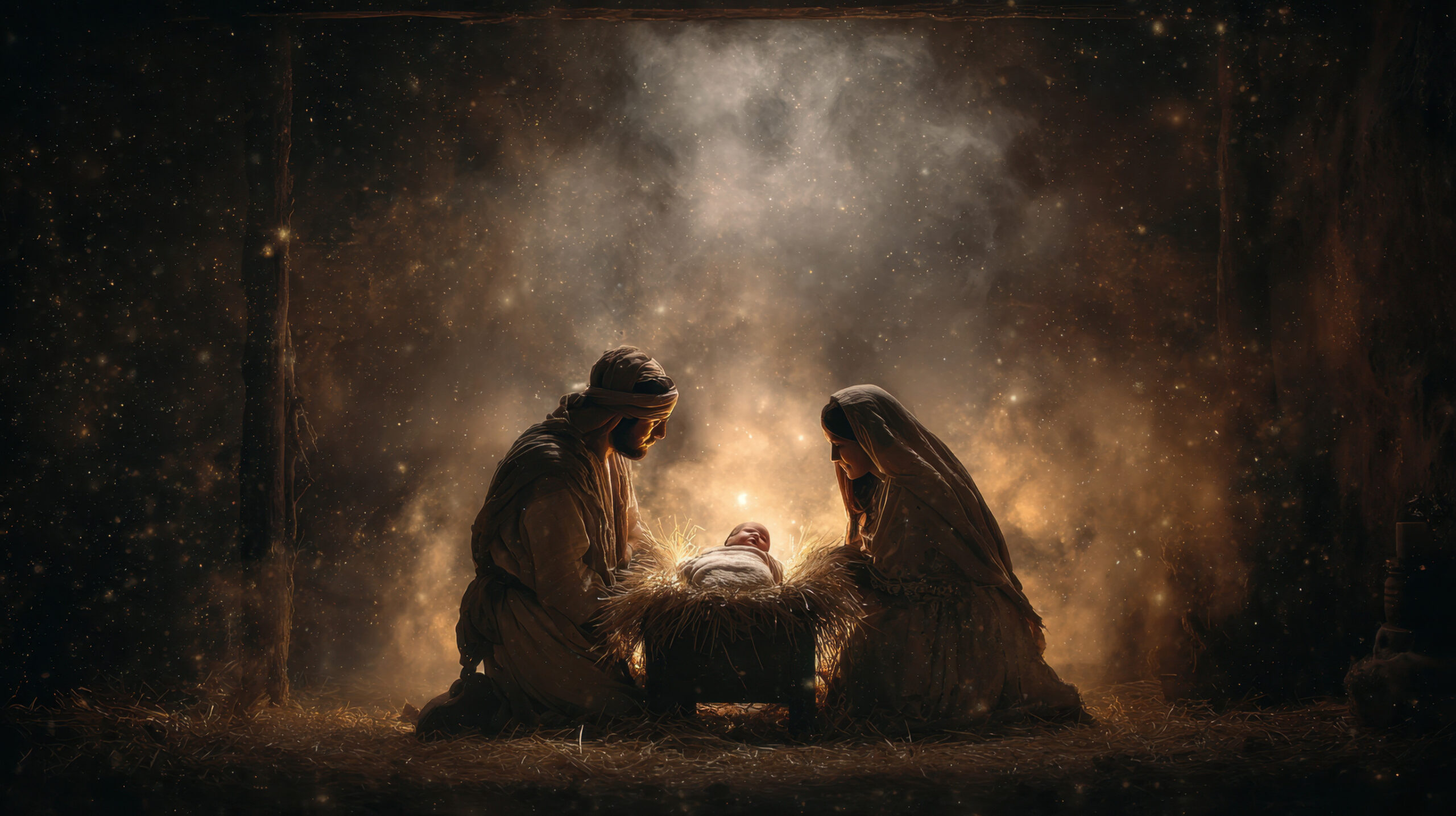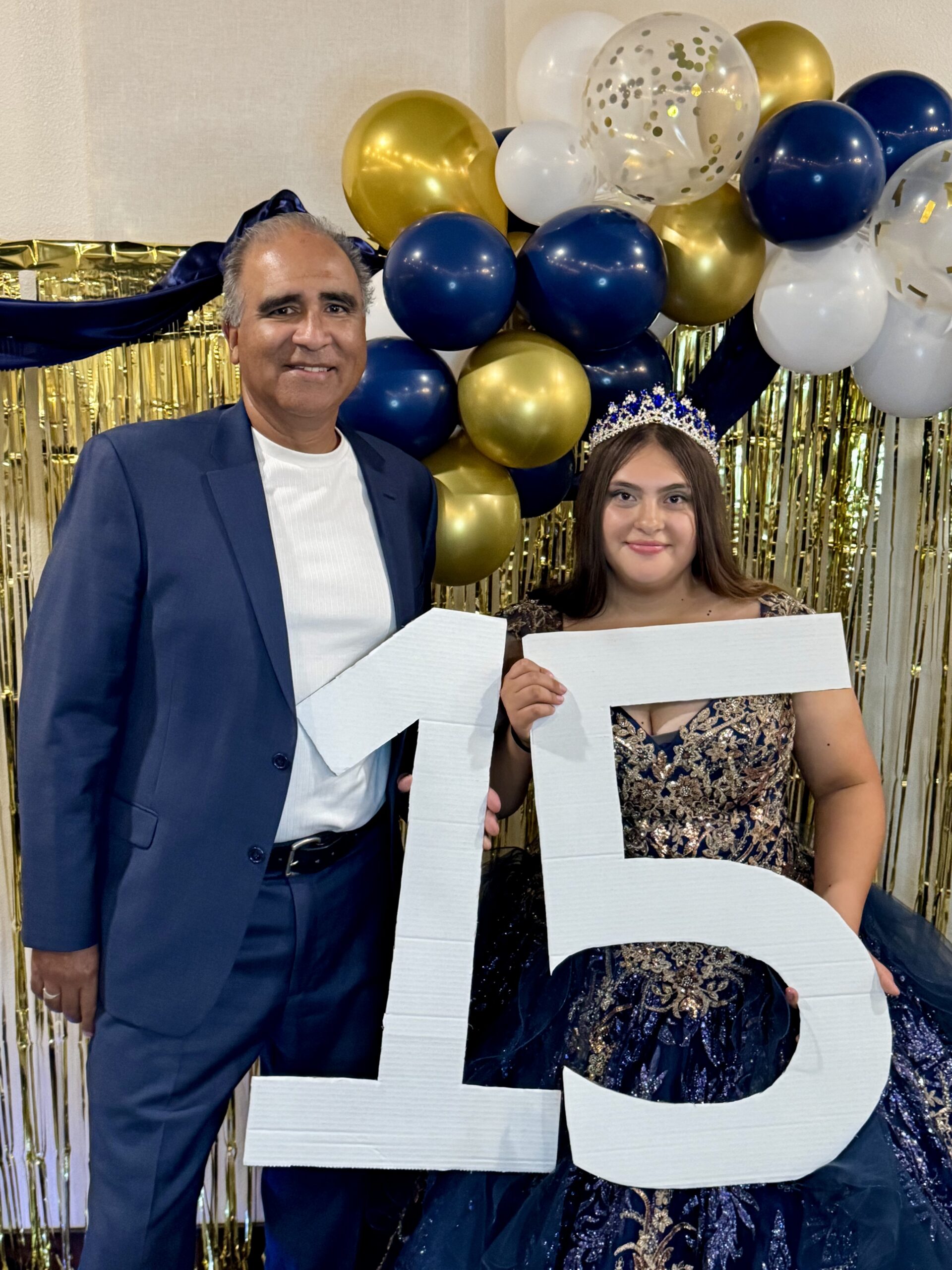Rites of Passage Column by Mark Martinez
“Where is he? Has anyone seen him? Oh Lord, please let him be okay,” perhaps were the words Mary cried.
She was beside herself. She and her husband Joseph, along with their other children, had attended the Jewish Passover celebration and she had lost her son, her firstborn. She knew Jesus was unique, was special, was set apart from all the other children and now he was gone.
When my sister was 16, we lost her. Our family had a wonderful beach party with several other families, and after all the hot dogs and smores were eaten and the fire pit was extinguished, it was time to go. But we couldn’t find her. Everyone in our group, dozens of people, combed the beach up and down and she too seemed gone. My father was frantic, while my mother was crying hysterically and was inconsolable. We eventually found her, asleep by herself, down near the water’s edge. Total time lost: about an hour.
Such was the plight of Joseph and Mary. Only they lost their son for three days. In Luke 2:41-52 we experience their story of being separated from Jesus after the Passover feast. Many contemporary Bibles title this story “Jesus Lost at the Temple.” Let me propose this thought: Jesus was never lost. He knew exactly where He needed to be. It was His parents who were perplexed about this incident.
In our last article, we talked about rites of passage. We recognized that many cultures have formal rites of passage for their young boys and girls as they transition into adulthood. However, there is a notable absence in our Western Christian culture for such formalities, and we have abdicated this process to the false signposts of culture.
We proposed that scripture gives us clear insight as to when boys become men and girls become women, and it is found in this section of Luke’s gospel, when Jesus was 12 years old.
Why don’t we know about any other stage of Jesus’ life prior to His ministry years? Why age 12? I’d like to propose that God placed this in the scriptures as a bell weather to proclaim that this is the age when everything changes in a young person’s life. Puberty sets in and this sets off an avalanche of changes in a young person. Physical growth, mental awareness, emotional instability and spiritual wonder typically set in at this preteen/early teen stage. This sets the foundation for what often becomes family strife, as young people don’t understand the changes happening to them and parents feel ill-equipped to help navigate these changes.
Could this story be in scripture as a milepost to compel families to recognize that a major change is underway in the development of our sons and daughters, and we need to change our parenting style to adjust for this? If we fail to do so, we often try to parent our 12- to 14-year-olds the way we did when they were 8-10 years old, and that just doesn’t work. It is up to us, the parents and grandparents to acknowledge this shift and lean into our duty to guide and mentor our lineage into adulthood, not resist it.
In our next article, I will share three things that I believe every parent needs to know about this life stage in our young people, based on this story of Jesus in scripture. The subsequent article will have me share three things that I believe every preteen/teen needs to know. I will then share insights about this life stage, based on my years of mentoring numerous families. Be encouraged, there is great hope for families of faith if we approach things correctly from a biblical perspective!






